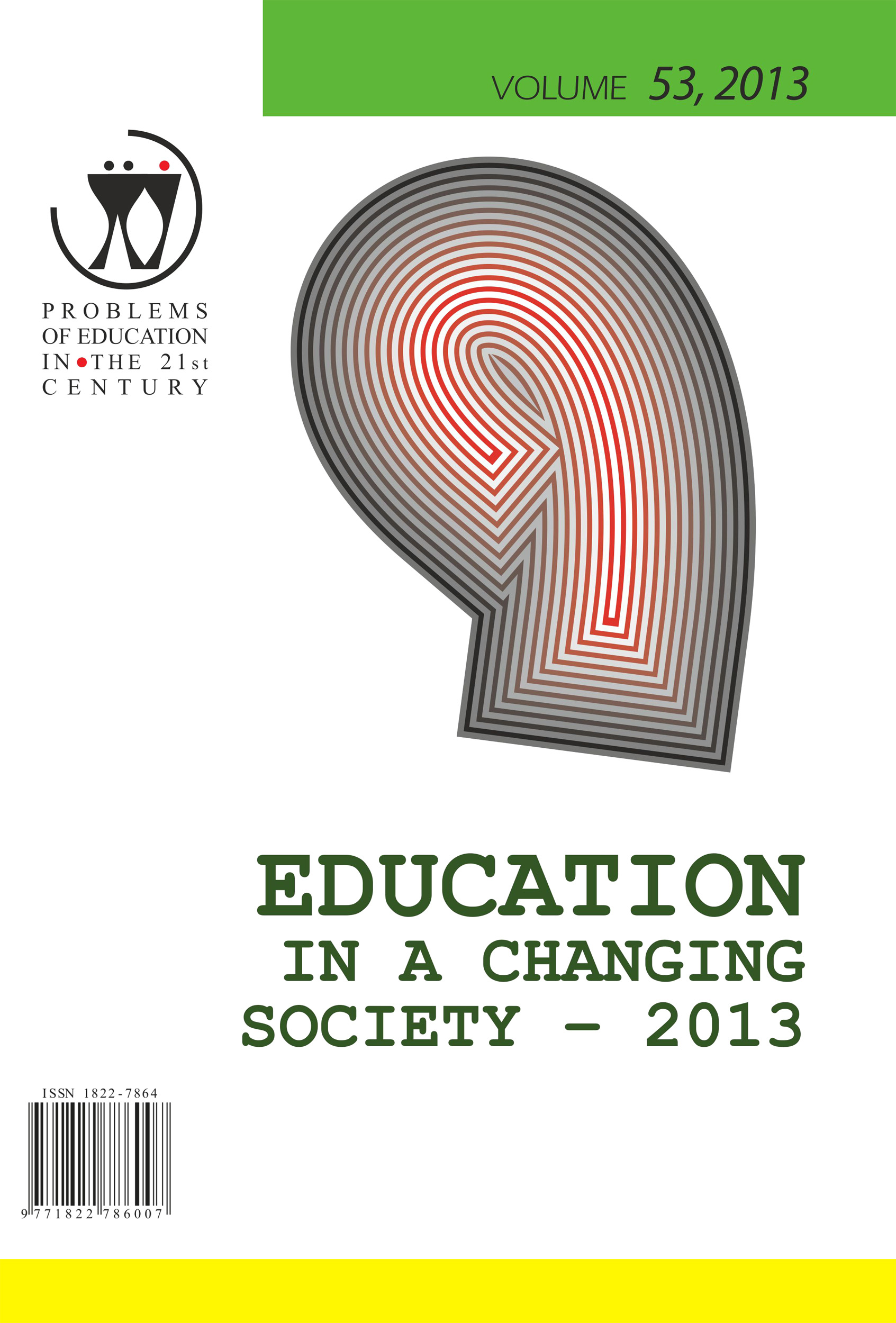USING SENSES AND SENSORS IN THE ENVIRONMENT TO DEVELOP ABSTRACT THINKING – A THEORETICAL AND INSTRUMENTAL FRAMEWORK
USING SENSES AND SENSORS IN THE ENVIRONMENT TO DEVELOP ABSTRACT THINKING – A THEORETICAL AND INSTRUMENTAL FRAMEWORK
Author(s): Maria João Silva, Joaquim Bernardino Lopes, António Alberto SilvaSubject(s): Education, School education, Pedagogy
Published by: Scientia Socialis, UAB
Keywords: abstract thinking; environmental education; senses; sensors;
Summary/Abstract: The authors of this paper present a framework developed in a project that explores the use of senses and sensors in environmental education, to develop children’s abstract thinking. The research started with a brief formulation of a framework that was used to guide the cross-analysis of six case studies, in order to explore its usefulness. This analysis showed that it was possible to teachers to support the development of children’s abstract thinking by facilitating the use of senses and sensors in inquiry activities; and by scaffolding complex tasks, using concreteness fading, and bridging representations, with different levels of abstraction. The analysis also showed that the assessment of the development of abstract thinking can be based on the analysis of children’s epistemic practices, like observing, describing, interpreting, and creating multiple representations. Furthermore, the cross-analysis showed that sensorial information was used as a concrete basis to abstraction. After that, an improved framework is presented, showing how senses and sensors may be used in authentic activities to develop abstract thinking: (a) making it possible to observe the unobservable (for human senses), (b) scaffolding the understanding of patterns resulting from the influence of independent in dependent variables, (c) facilitating epistemic practices.
Journal: Problems of Education in the 21st Century
- Issue Year: 53/2013
- Issue No: 1
- Page Range: 99-119
- Page Count: 21
- Language: English

